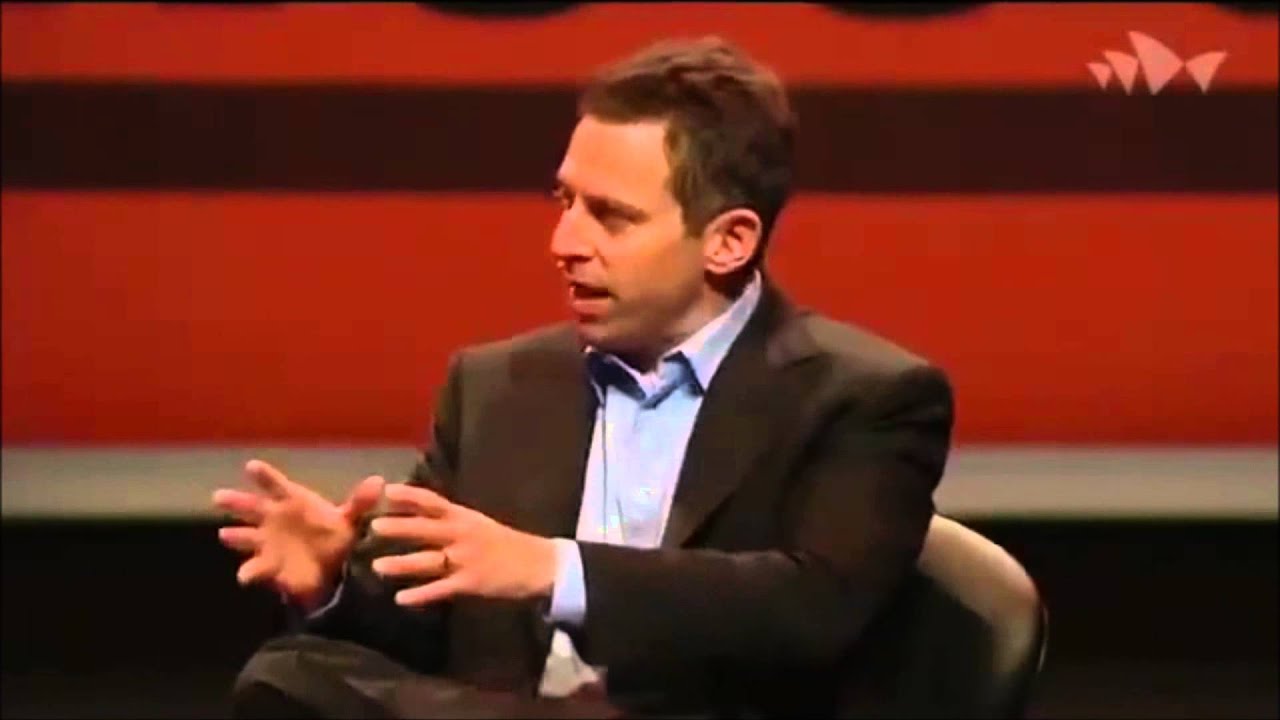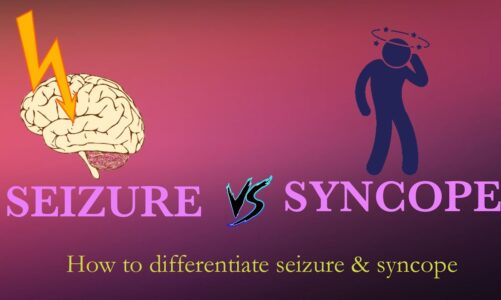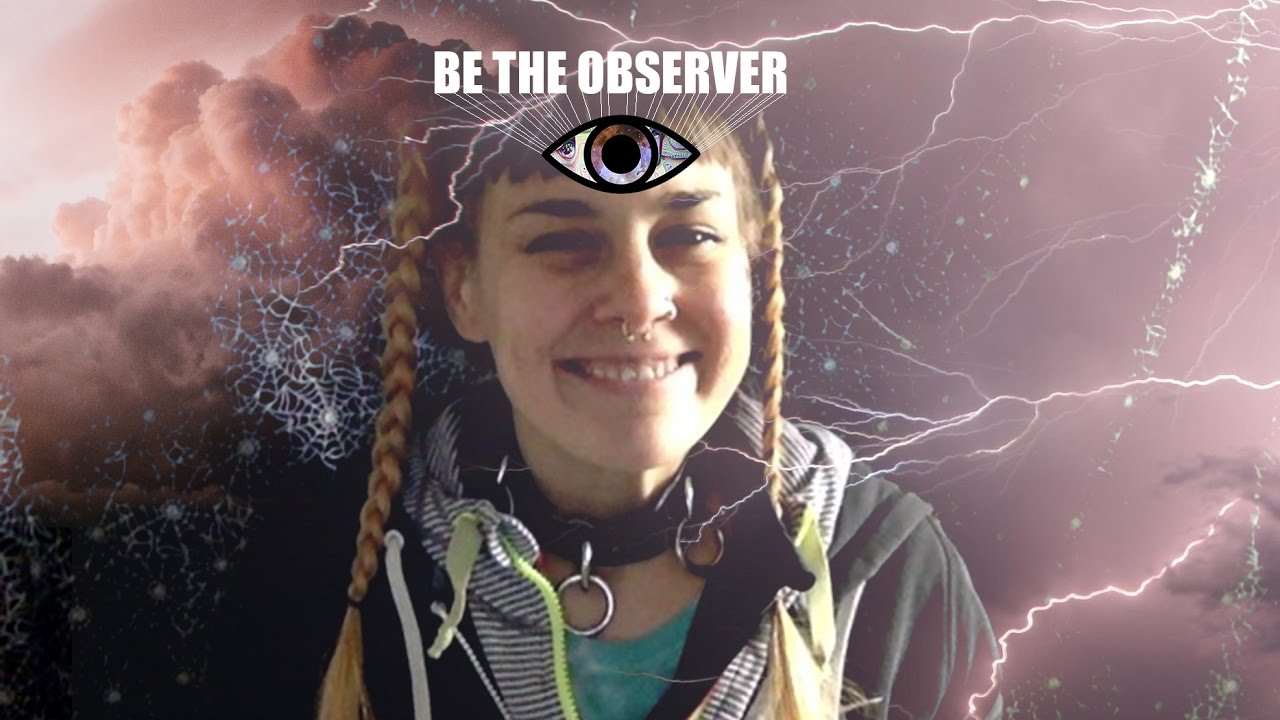babbisp1
Sam Harris makes an analogy for his disagreement with Daniel Dennett on the subject of free will.
This was part of a Q&A section after one of his speeches on the “Festival of Dangerous Ideas”. Here’s the full speech: https://www.youtube.com/watch?v=_FanhvXO9Pk#t=62m42s
Source
Sam Harris on arguing with Daniel Dennett




lol Sam could easily have been a comedian. A sophisticated one, to be precise.
Sam Harris is right in saying that compatibilism represents a redefinition of free will. I don't understand, however, the sense of puzzlement over this. There ARE different accounts of free will and Daniel Dennett has done his best to argue that the original conception does not offer any advantages and that it fails to make better sense of moral culpability and is less desirable and not worth having. The analogy he gives is comical only to those ignorant of the philosophical context of the free will debate.
Did Harris and Dennett manage to remain friends after their 2014 public bust up? I've no idea why I decided to post this. Or if I will. I guess I did.
1:51 Why you should go visit Sicily
Speaking as a non-philosopher, if we have free will, what would a world where we didn't have it look like and vice versa? In other words, does it matter practically whether we do or we don't? If it doesn't matter, the argument is about how many angels can sit on the head of a pin.
Harris's description boils down to Dennet's interpretation of free will being disingenuous. Rather superficial, he could at least explain for a small bit why he thinks this. It's obvious that the compatibilist's conception of free will differs from the one of the incompatibilist, that's the core to this whole free will debate.
Love Dan,never gets knickers in twist.Keep your powder dry.
His meta-analysis is nonsense. all arguments are disagreements, that involve, surprisingly enough, disagreement. Obviously it will turn out that sometimes our expressions don't entirely approximate the world. If Dennett finds something in sicily that we mistakeny attributed to be in another city (which turns to be mythical) that thing still exists. His analogy is funny and nothing more. Harris's claim that we can rule out free-will by science – that is total nonsense, and the interviewees question plays into sam Harris's obvious scientism. Scientific theories will always be neutral on that point, all they can rule out are theories that purport to show that the brain works in particular ways – the ways that it cannot and can function will always be open to the dual interpretation of choice vs non-choice. This is because determinism itself is not a prediction of science but a presupposition, which can never be falsified or verified. Determinism plays an explanatory role and is therefore theoretical or metaphysical.
What are people here even talking about … if you take religion out of the equation, what exactly is the concept of free will? From our point of view, it's free will. From the point of view of someone who can study the interaction of every atom, it's going to be predictable, unless you bring quantum mechanics into this. In which case we have many philosophical interpretations and we're not even sure what is actually going on.
To the people who are asking whether living has meaning to these people … yes, it has meaning TO people, but that's different than having an absolute, cosmic meaning. What if everything including morality was relative? If you were careful to include the subject of your sentence in your questions, you'd find you are frankly unable to formulate a question about these topics that doesn't have a straightforward answer.
It takes redefinition and sophistry to attempt to reconcile opposites like freedom and restraint.
This is the exact same shit we see with people trying to reconcile faith and reason.
Ha! They're both jokes.
everyone smart knows what's being talked about [in reference to free will]. the only thing at stake is the manner in which the facts are developed through language. language is inherently limited and can never encapsulate all sides of an idea at once, so both sides can have merit. i think the general (sam harris's) side is the more perspicuous of the two. dennett's seems convoluted, and the only reason for its existence seems to be a moral one (people feel bad when told there's no free will).
Although I am with Dan Dennett on this issue, I think this is very funny and a good retort.
Harris fw is so narrow it doesn't even apply to god
Everyone, even Daniel Dennet, who disagrees with Harris he invariably describes as confused.
What does free will even mean? Your mind is a machine that is designed to make decisions. It does that, obviously. Although every decision has a "cause" in some sense, just think of the complexity of a single decision. At the quantum level the Universe is truly random, then at a slightly higher level the interactions of molecules are chaotic because you literally have factor in the gravitational effect of all matter in the Universe. So at this point the brain is a black box for decision making. What exactly is the difference between that and "free will"?
By the way that is not my argument, but Michael Gazzaniga's, a neuroscientist whom Dennet cites.
It's great to see Daniel and Sam argue. They're both amazing thinkers, they're good friends and they obviously like each other. We need more disagreements like that.
so harris say most people dont want to think about free will, but if there is no free will and determinism then it is not that they dont want to think about free will they are determined not to think about it. Explain to me how you can not want to think about something if free will does not exist
Meeeh! Strawman fallacy.
A better analogy:
Flat Earther: "The Earth is flat."
Compatiblist: "The Earth is round."
Incompatibilist: "Science has demonstrated that the Earth is an illusion. All that exists is merely something which is round, and therefore lacks the essential property of flatness that would be required for anything to reasonably be called 'the Earth'. Although I continue to employ the term 'the Earth' outside of philosophical discussion, this is because, in my daily life, I still operate under the illusion that the Earth exists. The disproven concept of the Earth nevertheless remains a useful fiction in lieu of an accurate description for the unnamed round thing which actually exists.
Compatibilist: "You could call it 'the Earth'."
Incompatibilist: "Stop being disingenuous."
As a sort-of compatibilist, I think the reason why the argument between freewill and determinism is such a non-issue is because it has two fundamental definitions that you HAVE to agree upon in order to continue.
You have to nail down what 'you/the self' is and you have to nail down what exactly this 'free will' is in order to say they don't exist or they do.
If, by chance, we have two different fundamental definitions for these things (say I define the 'self' differently than what a determinist defines the 'self' as), then we both win. I truly believe that determinists are right according to their own standards (that is to say their definitions on what You and FreeWill are), yet if I define You and FreeWill any differently, then I can make a case for my own argument and potentiality of "myself" and "free will" and therefore I'm right too.
If this doesn't make sense still, I'd be happy to elaborate through examples/"thought experiments"
Thank you 🙂
Bring morals and advantages to the argument means it is already off topic. We may or may not need the illusion of freewill but that is not an argument for the existent of freewill.
Actually, it is quite the opposite. Dennett is talking about sicily – and Harris falsely claimes that sicily does not exist. Harris just claims that people mean Atlantis when they talk about sicily, but that is not true. And even if there are some people who falsely take sicily for atlantis, it still makes absolutely sense to say that sicily exists and to talk about sicily.
i find this time and time again hard to swallow. here is the number one critic of millions of people, faiths, convictions, other human beings, who himself makes claims on moral behaviour, while at the same time declaring there is no free will. i find this very convenient for him and very hard to take for me.
i love people with self confidence, but this is … amazing.
No freewill is essentially the first axiom of Marxism. Making people products of their environment. Thus peoples environment needs to be controlled. Thus the psychologists and social scientists become the "philosopher kings". Look where that's got us.
For me the biggest mistake Sam makes is by saying because no one can give an argument for how free will could map onto physical reality this proves that it can't. For example no one can give an argument for how the universe exists, does this prove that it doesn't? Unknown means unknown. It would be reasonable for Sam to say I doubt free will. Even perhaps reasonable (or at least understandable) for Sam to say he doesn't believe in Free will. But it's not reasonable to say free will is an illusion, this swings the burden of proof over to Sam, now he needs to show why physical reality can't map into free will.
We live in a deterministic universe governed by the laws of physics, and therefore free-will is an illusion. I'd write more, but I have to go brush my teeth.
Free Will exists. The belief that it doesn't is wrong.
if i grabbed your hand and started smacking random people with it and using it to pick your nose with it etc.. and you said "Hey Quit IT!!".. wouldn't i be violating your free will?
1. The scientific community doesn't care about Sam's idea on free will. 2. I think it's a lie to say most people believe in Atlantis. 3. I don't think most people believe in the underwater kingdom. 4. Sam wants to say Atlantis doesn't exist and never existed (How can you prove a negative) 5. I could argue maybe Atlantis did exist, and not feel a need to prove it never existed. 5. I suspect Dennett making a case for Atlantis is the equivalent of people making a case for religion. Sam cannot live with uncertainty he's a person who sees things as black and white.
Sams claim holds so much weight and consequence, yet it doesn’t APPEAR that he really sees the full implications. It seems he is more concerned with being right. Oh and way to go by straw manning Daniels argument with your analogy.
Sam is smart and right about a lot of things, but I think his arrogance of intellect blinds him to other peoples perspective. Somewhat ironic since he practices meditation and yet I’ve never heard him acknowledge this part of himself…come to think of it I’ve never heard him say he was wrong about anything. Of course my experience doesn’t make it true, but I would argue that we all claim to know more than we really do.
Sam hit the nail on the head with the force of 9000 SRBs lol. I've seen so many people who do the whole "changing the subject" thing. It's obnoxious af.
I think that's a poor resume from Sam Harris. I find Dennet's argument that free will is just a higher level thinking tool much more pursuasive than Sam's position that it simply doesn't exist
Sam makes a very weak argument against free will. Sam's main argument is that people are not capable of making rational decisions. Yet the only reason he thinks this is because he has a low IQ and doesn't make rational decisions himself. He also makes a classic category error of linking irrelevant decisions (what ice cream flavor you eat, which is taste we can't control) with serious life decisions and moral decisions. Logical fail right there.
What I would like you to do is go to some YouTube channels, like the ones for JohnBartholomew and ErikKislik. They're 2 random American chess International Masters I discovered. I've been watching their chess videos recently, in which they explain their rational decisions on every single move in a chess game. It's very refreshing to see high IQ alpha males explain their exact logical thought process in a clear and crystallized way. Go and watch their videos and tell me that they aren't making rational decisions and it's all random and "they never really knew why they did that." You might actually become enlightened.
How did this guy get famous? Besides latching on to a pop-culture movement.
The Harris argument is like this: Person A – organisms have complex adaptations. Person B – no they don't, I know this because God doesn't exist and so organisms weren't designed. Person A – but they don't need to be designed, magic is not required, natural selection can do that work. Person B – now you are simply redefining complex adaptive design!
Swap in free will here, and A and B are Dennett and Harris. Harris is basically saying that only a magical answer will do, that what people "really mean" by free will is this magical instantaneous creation of decisions ( just like magical instantaneous creation of organisms.) Dennett is saying that they are wrong, just like creationists are wrong. After all, what people "really meant" by complex adaptive design once upon a time was Paley's watch type of God-designed. But they were wrong, just as they (and Harris) are wrong now.
In technical terms Harris is demanding an instructionist will (just as creationism is instructionist). Dennett is saying that you don't need that, only a selectionist will (just as evolution is selectionist). Harris and so many others are stuck in an instructionist view of causation – hence rejecting anything that is less than magical and instantaneous in time.
Free Will is an illusion that we all have to deal with.
I wonder if dan would find the analogy he used to be accurate
Sam is a master of analogy.
Define free will.
I predict that Sam will not get a nobel prize for his conjecture that free will is an illusion.
Can someone explain to me how Harris is uniquely relevant on this subject? It seems to me Dennett deviated in the 80s with some really original work, and Harris's response is just the same old incompatibilist stuff that people have been familiar with for quite some time.
Even though I believe in Free Will, I find Sam's analogy utterly hysterical!
Avoided the question…
For those who don't know Dennet's views: "Atlantis" maps onto free-will. "Sicily" maps onto "competence." The argument is over whether "competence" is what we really mean by "free-will."
Both are wrong.
Reading the comments makes me want to stop living.
How can the world be so stupid.
Go! Daniel Dennet!
Screw Sam Harris! He's corrupt, supports LGBTM and gay dictatorship.